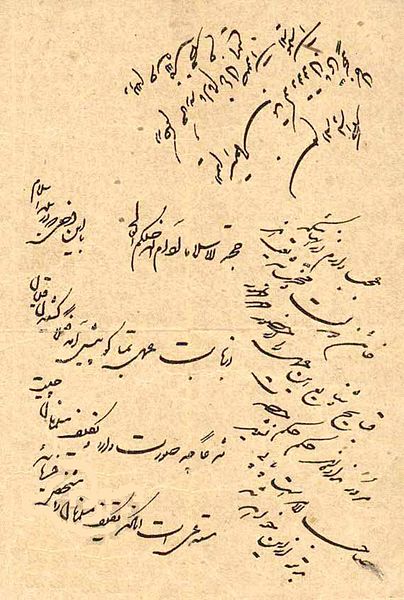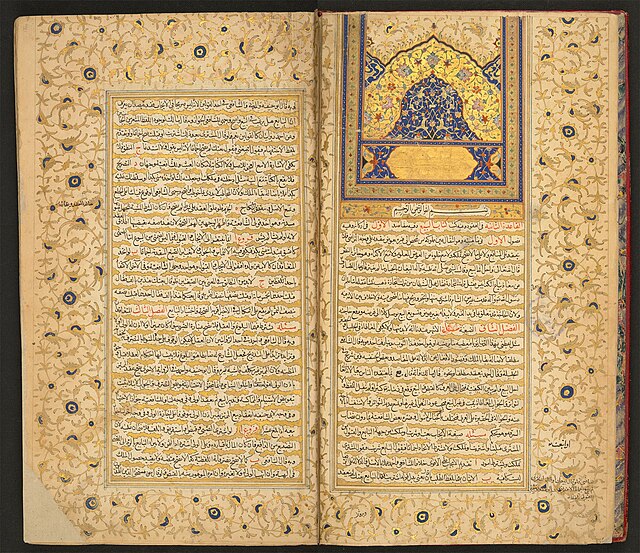Infinite photos and videos for every Wiki article ·
Find something interesting to watch in seconds
Supercars
British Monarchs
Celebrities
Animals
World Banknotes
Great Museums
Rare Coins
Tallest Buildings
Crown Jewels
Richest US Counties
Wonders of Nature
Largest Empires
Great Cities
Best Campuses
Largest Palaces
Orders and Medals
Famous Castles
Recovered Treasures
History by Country
Kings of France
Countries of the World
Ancient Marvels
Presidents
Sports
Great Artists
Wars and Battles
more top lists






